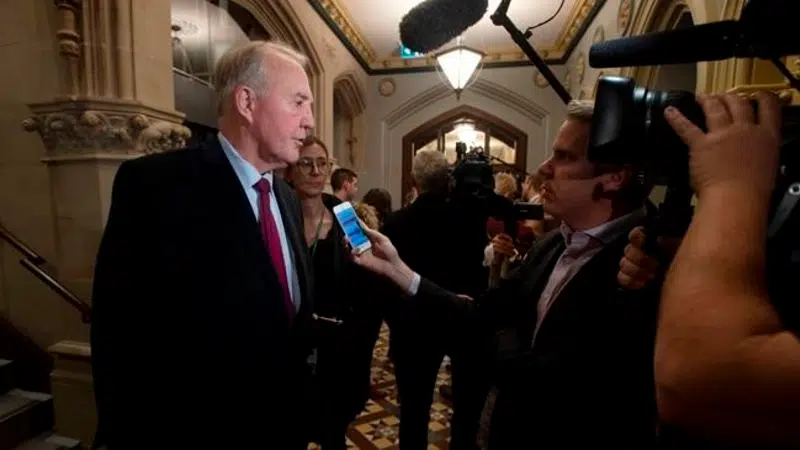
Public Safety once again a sprawling portfolio of pressing concerns
OTTAWA — Just over a year ago, Bill Blair took the reins of a new federal ministry — border security and organized crime reduction — hived off from veteran minister Ralph Goodale’s sprawling public safety and emergency preparedness portfolio.
Following Goodale’s defeat in last month’s election, Blair now leads a reunified public safety department and juggling the many pressing responsibilities that go with it, from tackling gun violence to modernizing the RCMP.
The decision to bring the elements back under one roof comes as the emergency-management strand of the portfolio takes on new prominence and occupies more ministerial time.
Disasters such as floods and wildfires are becoming more common and severe across the country, due in part to climate change. These disasters have cost tens of billions of dollars in damages and displaced hundreds of thousands of people, the government says.

